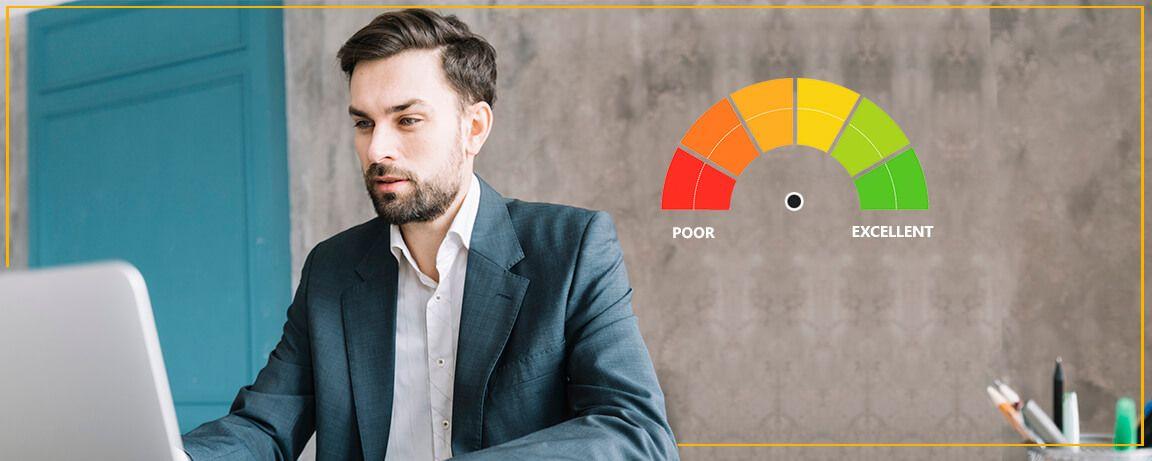5 Things Lenders Don’t Like to See on Your Credit Report
Your credit report is a vital component in the decision-making process of any lender. Be it Personal Loans or Credit Cards or any other loan; lenders like to see your credit report and study your credit history. Other factors such as your income and repaying capacity are essential, but your credit score can swing the decision in your favour.
The prospective lender looks for specific things on your credit report that gives them an idea about your credit behaviour. They would not like to see the following 5 things on your credit report.
1. Settled Credit Card Accounts
One thing lenders hate to see is Credit Cards accounts in “Settled” status. It indicates that you have reached an arrangement with your earlier lender to repay a mutually agreed amount that is less than the actual outstanding amount.
This example will clear things better. You have an outstanding amount of 3,00,000 on your Credit Card. You enter into a compromise agreement with your bank where you mutually agree to settle the account for a one-time payment of 2,00,000.
It is not as bad as a written-off account or a default in payment, but it signals that you were in financial stress and could not repay your loan entirely.
2. History of Minimum Payments
Banks allow cardholders the facility of paying the minimum amount due to keep their card alive and avoid late payment charges. You might be paying your minimum amount due regularly, but it indicates that you have financial problems, and hence are unable to pay the Credit Card bill in full.
A positive aspect of this situation is that it shows the inclination to pay. However, lenders can be cautious while handling your Online Personal Loan Application. Hence, it is better to avoid this habit to pay the minimum amount due. You can take a Personal Loan or pledge your gold to clear your Credit Card bill. The payment of the minimum amount due you make on the Credit Card bill can serve as the EMI (Equated Monthly Instalment) payment for such loans.
3. Cash Advances on a Credit Card
Every Credit Card has a cash advance facility that allows you to withdraw cash from an ATM in an emergency. You have to pay the cash advance charges, as well as interest, on the cash advance amount. It is okay if you use this facility sparingly. However, regular use of the cash advance facility does not present an ideal picture of your financial position.
A cash advance is equivalent to an unsecured loan. Repeated instances of cash advances against your Credit Card are warning signals to your lender that they have to be careful while dealing with you.
4. Multiple Credit Enquiries
Applying for a loan from a bank or an NBFC (Non-Banking Financial Company) is a reasonable thing to do. However, if you apply for sixCredit Cards in a month, it is a sign of desperation. The banks check your credit history every time you apply for a Credit Card, Personal Loan, or any other loan.
Each inquiry brings your credit score down by some points. Lenders can understand if you scout for secured loans like Housing Loans. However, applying for Personal Loans and Credit Cards repeatedly is not a healthy thing to do, especially when banks have rejected your previous applications.
5. Third Party Debt
When you co-sign a loan or become a co-applicant, you become liable for someone else’s debt. It is okay if you do so for your immediate family members. However, if you become a guarantor or co-applicant for a third party individual, you enter into a third-party debt agreement. It affects your credit score considerably.
There are occasions where you have to co-sign the liability. Some of the instances are:
- You are a joint owner of the property against which you take a loan
- You provide your income details to a third person to increase their loan eligibility
- You become a co-borrower in an education loan to your child.
Being a co-applicant does not disqualify you from getting new loans, but it affects your credit score. It is,after all, an impending liability that you have to clear if the principal borrower defaults in the payments.
Lenders look for such things in your credit report. You might have an excellent recent record of repayment, but banks and other financial institutions do like to look into your credit history and collect vital information about the habits. Lenders do not wish to see these five things mentioned above on your credit report.
Also Read: 3 Most Sought After Personal Loans in India
